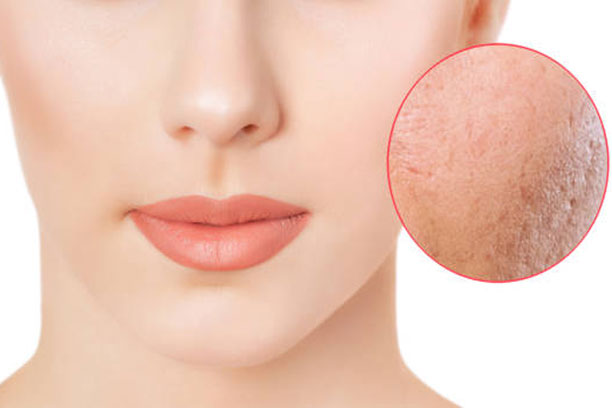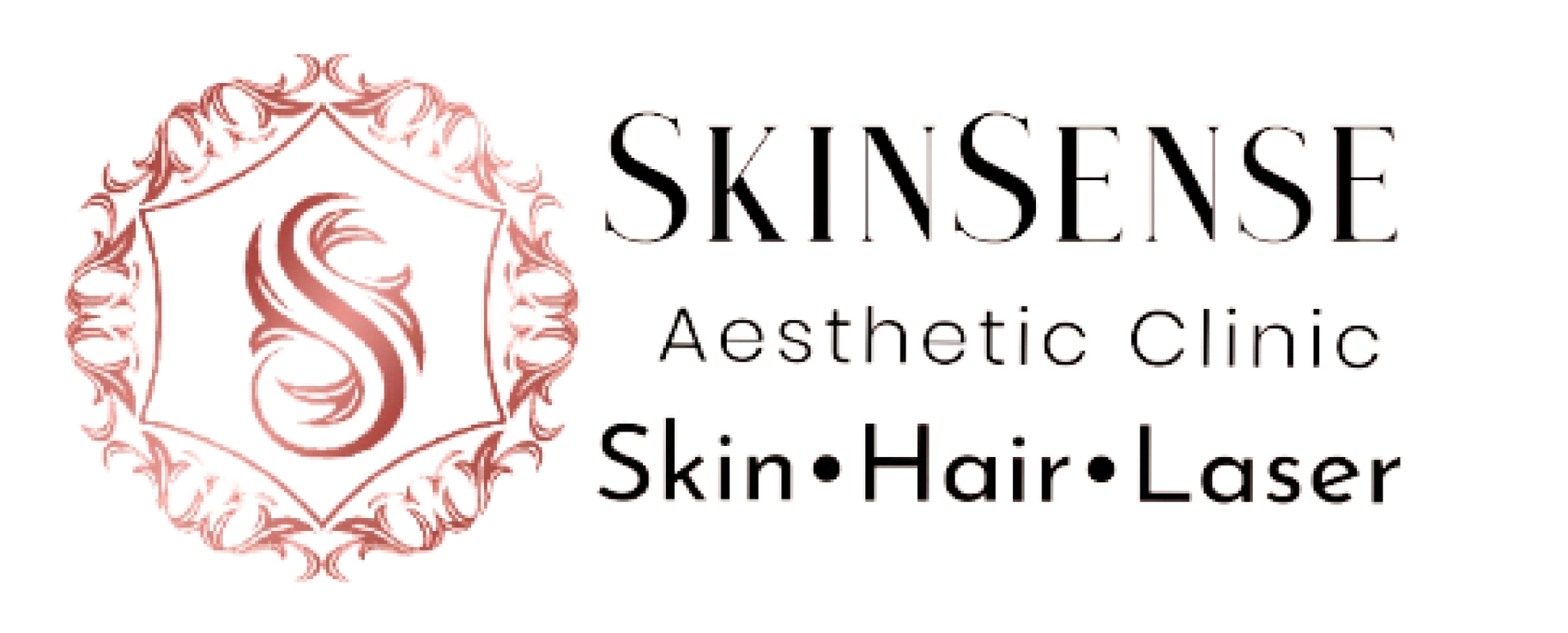
Acne scars are the permanent marks or indentations that are left behind on the skin after acne breakouts have healed. They can occur as a result of inflammatory acne lesions, such as pimples, cysts, or nodules, that damage the deeper layers of the skin.
When the skin is inflamed due to acne, the body attempts to repair the damaged tissue by producing collagen. However, this collagen formation may be irregular, leading to the formation of scars. The type and severity of acne scars can vary from person to person, depending on factors such as the individual’s skin type, the extent of inflammation, and their body’s healing process.
Types of Acne Scar
There are different types of acne scars, including:
- 1. Atrophic Scars: These are depressed or sunken scars that appear as pits or indentations on the skin. They can be categorized into ice picks, boxcars, or rolling scars, depending on their shape and depth.
- 2. Hypertrophic Scars: These scars are raised, thickened, and elevated above the skin’s surface. They occur due to excessive collagen production during the healing process.
- 3. Keloid Scars: Keloid scars are similar to hypertrophic scars but extend beyond the boundary of the original acne lesion. They are characterized by an overgrowth of scar tissue and can be raised, thick, and sometimes itchy or painful.
- 4. Post-Inflammatory Hyperpigmentation (PIH): PIH refers to flat, discolored spots that appear after an acne lesion has healed. They are not true scars but rather temporary marks caused by increased melanin production.
Acne scars can have a significant impact on a person’s self-esteem and confidence. However, there are various treatment options available to improve the appearance of acne scars, including topical creams, chemical peels, microdermabrasion, laser therapy, microneedling, dermal fillers, subcision, and surgical procedures.
- Topical Treatments: Certain creams, gels, or ointments containing ingredients like retinoids, hydroxy acids, or vitamin C can help improve the texture and appearance of acne scars. These products work by promoting skin cell turnover and stimulating collagen production.
- Chemical Peels: Chemical peels involve applying a solution to the skin to remove the outer layer, encouraging new skin growth. They can help reduce the appearance of shallow acne scars and improve overall skin texture. Superficial to medium-depth peels are commonly used for acne scars.
- Microdermabrasion: This procedure uses a handheld device to gently exfoliate the top layer of the skin, reducing the appearance of shallow acne scars. It stimulates collagen production and promotes new skin growth.
- Microneedling: Microneedling involves using a device with tiny needles to create controlled micro-injuries in the skin. This stimulates collagen and elastin production, leading to the improvement of acne scars. It may require multiple sessions for optimal results.
- Laser Therapy: Various laser treatments, such as fractional laser resurfacing, can effectively target acne scars. They work by stimulating collagen production, promoting skin remodelling, and reducing scar visibility. Laser therapy can be tailored to the specific type and severity of scars.
- Dermal Fillers: Injectable dermal fillers, typically made of substances like hyaluronic acid, can temporarily plump up depressed acne scars, making them less noticeable. Results are immediate but temporary, requiring repeat treatments.
- Subcision: This procedure involves breaking up the fibrous bands beneath deep acne scars to release them and allow new collagen formation. It helps elevate depressed scars and improve their appearance.
- Punch Techniques: Punch excision, punch elevation, or punch grafting are surgical techniques used for more severe or deep acne scars. They involve removing the scar tissue and replacing it with either stitches, elevating the scar, or grafting healthy skin from another area.
Why do we use it?
At Skin Sense Aesthetic Clinic, our experienced skincare professionals will conduct a thorough evaluation of your acne scars and discuss your specific concerns and goals. They will create a personalized treatment plan tailored to your needs, taking into account factors such as skin type, severity of issues. Throughout the procedure, your comfort and safety are our top priorities.

